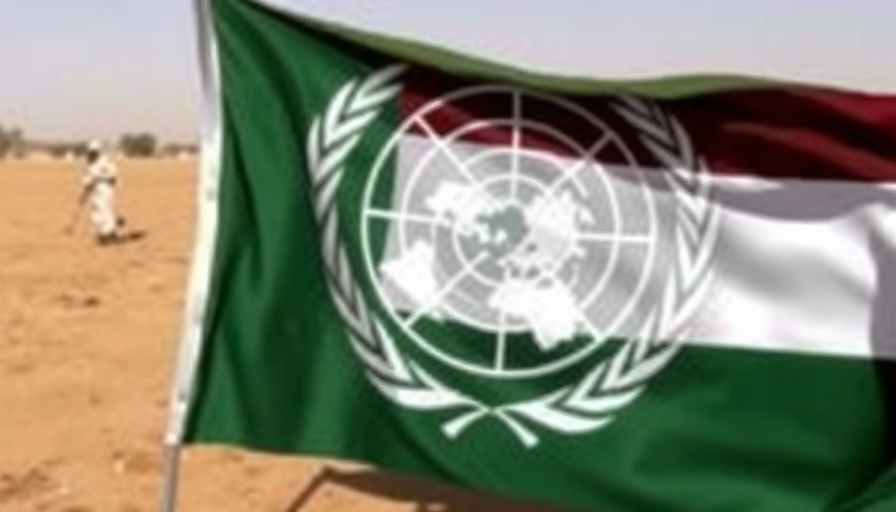
Understanding the Investigations into the UAE's Role
The ongoing investigation by the United Nations into the arms exports from Bulgaria to the United Arab Emirates (UAE) raises significant questions regarding international accountability and regional stability. Mortar rounds linked to the UAE have surfaced with Sudan’s Rapid Support Forces (RSF), a paramilitary group embroiled in conflict that has ravaged the nation since May 2023. Over the past months, the humanitarian crisis has escalated, with tens of thousands dead and millions displaced due to the ongoing clashes between RSF and Sudan’s army.
The Evidence Trail: Mortar Rounds and Serial Numbers
A key piece of evidence lies in the serial numbers of the seized 81 mm mortar rounds, which correspond to those sold by Bulgaria to the UAE military in 2019. This connection highlights the complexities of arms trafficking and the challenges the UN faces in determining accountability amidst conflicting narratives. Bulgaria confirmed that it did not authorize any re-export of these munitions to Sudan, a statement reinforced by international scrutiny. Such discrepancies expose the gaps between military oversight and trade regulations.
UAE's Denial and the Broader Implications for Africa
The UAE has categorically denied allegations of supplying arms to the RSF, asserting that the UN’s own reports lack corroborative evidence of their involvement in arming conflicts in Sudan. However, these denials must be weighed against the mounting evidence highlighting the UAE’s significant roles in regional dynamics and its controversial alliances. African policymakers must carefully consider the geopolitical ramifications, as any indication of foreign intervention could destabilize regional governance and economic prospects.
Concluding Reflections on Accountability and Governance
As reports of war crimes surface, and the consequences of arms exports unfold, it is crucial for global leaders to prioritize accountability in arms dealings and conflict resolution. While the UAE promotes a narrative of peacekeeping in Sudan, it remains imperative that nations, particularly within Africa, critically assess their foreign relations and the underlying impact these arms exports have on regional stability and governance. The situation continues to evolve, and stakeholders must remain vigilant about the implications for Africa’s position in the global economy.
 Add Row
Add Row  Add
Add 


 Add Row
Add Row  Add
Add 

Write A Comment